As Malawi, a south-east sub-saharan nation, head towards its general elections in 2025, mental health emerges as a very significant yet often overlooked and forgotten aspect of the electoral process.
In a country where nearly 10.9 million citizens are expected to head to the polls, which will cost the impoverished former British colony a staggering K220 million discussions around mental health are increasingly relevant, particularly in a society grappling with socioeconomic challenges and a lack of adequate mental health resources.
UK-based Malawian mental health charity organisation, MentalCare UK, says the political landscape in Malawi, as it trudge onto next year’s tripartite elections, is a fertile ground for mental health.
MentalCare UK executive director Gerald Namwaza, says mental health issues are prevalent in Malawi because of electoral campaigns.
Namwaza, a mental health specialist, says: “Elections are a major cause of mental health in Malawi, but we do not pay attention to it. The evidence is clear that losing elections has a powerful influence on people’s mental health.”
“We need to tackle mental health problems before, during and after elections not only because of the distress they cause, but as part of making sure we have a good society and a strong economy; mental health problems have heavy economic and social cost that can lead to loss of lives,” adds Namwaza.
Namwaza, a former business editor at Times Group in Malawi, says despite the urgent need, mental health care remains severely underfunded, with national health expenditure on mental health services accounting for less than one percent of the overall health budget in Malawi, a country classfied as as one of the world’s poorest countries.
According to the National Statistical Office (NSO), approximately 10% of the population—around 2 million people—suffer from anxiety, depression, or psychotic disorders, often exacerbated by poverty, unemployment, and the impact of HIV/AIDS.
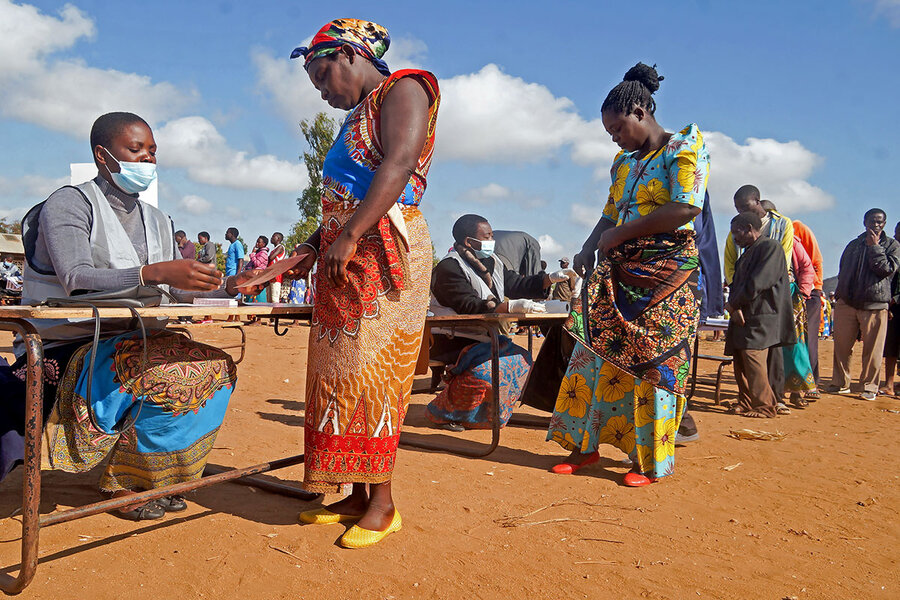
More than half of Malawi’s population lives below the national poverty line, and one-fifth lives in extreme poverty with . 70 percent of the population living in abject poverty in the rural areas.
Malawi Electoral Commission (MEC) encourages those participating in elections as candidates to acknowledge the mental strain that comes with the campaign and seek support when necessary, whether through friends, family, or professionals.
MEC spokesperson, Sangwani Mwafulirwa says politicking during elections campaign can attract negative commentary and it is proper not to be too engrossed in negative commentary or political attacks, as these can lead to emotional distress.
Says Mwafulirwa: “As we go toward 2025 official campaign period, candidates and their followers should gear up for issue-based campaign and maintaining respectful communication with opponents and the public.
The MEC publicist urges political participants in the campaign to also reflect and consider having stress-relieving activities like exercise, or hobbies that offer mental relaxation.
The World Health Organization (WHO) reports that Malawi has just 0.15 psychiatrists per 100,000 people, highlighting the critical lack of specialized mental health care.
Mental health and electoral participation
The upcoming general elections bring with them increased stress and anxiety levels among voters and MentalCare UK projects that in next year’s elections, mental health will significantly affect political participation in Malawi.
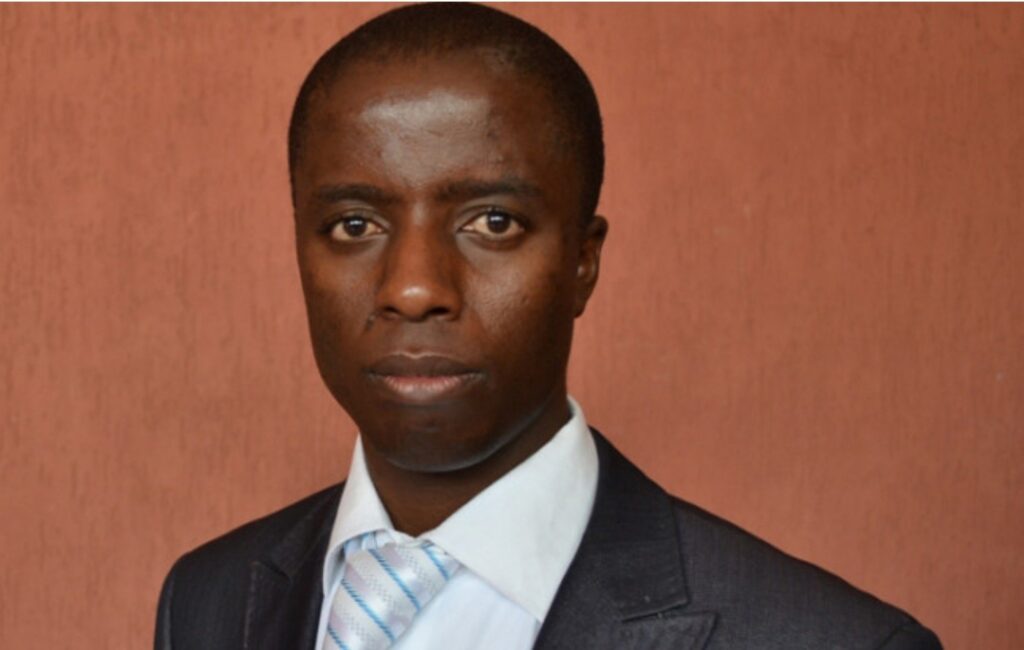
“When an election approaches in Africa and Malawi in particular, people spend a lot of money, invest alot of time into campaign hoping to secure a political seat and when they lose the elections they are affected mentally as they lose everything in life,” explains Namwaza.
A recent study from the African Journal of Political Science found that individuals experiencing mental health challenges are less likely to engage in the next voting and civic activities.
Furthermore, the stress of political uncertainty — coupled with economic woes—can exacerbate existing mental health conditions.
In a country like Malawi, where mental health stigma remains high, many individuals may feel discouraged from seeking help, particularly during the election period.
These challenges are compounded by the pervasive narrative surrounding mental health that often alienates those in need of support, leading to lower participation rates in the electoral process.
Role of Government and NGOs
Recognising the intersection of mental health and electoral participation in Malawi, MentalCare is stepping up to address these issues and is working
tirelessly to promote mental health awareness and provide support services to those willing to take part in next year’s elections.
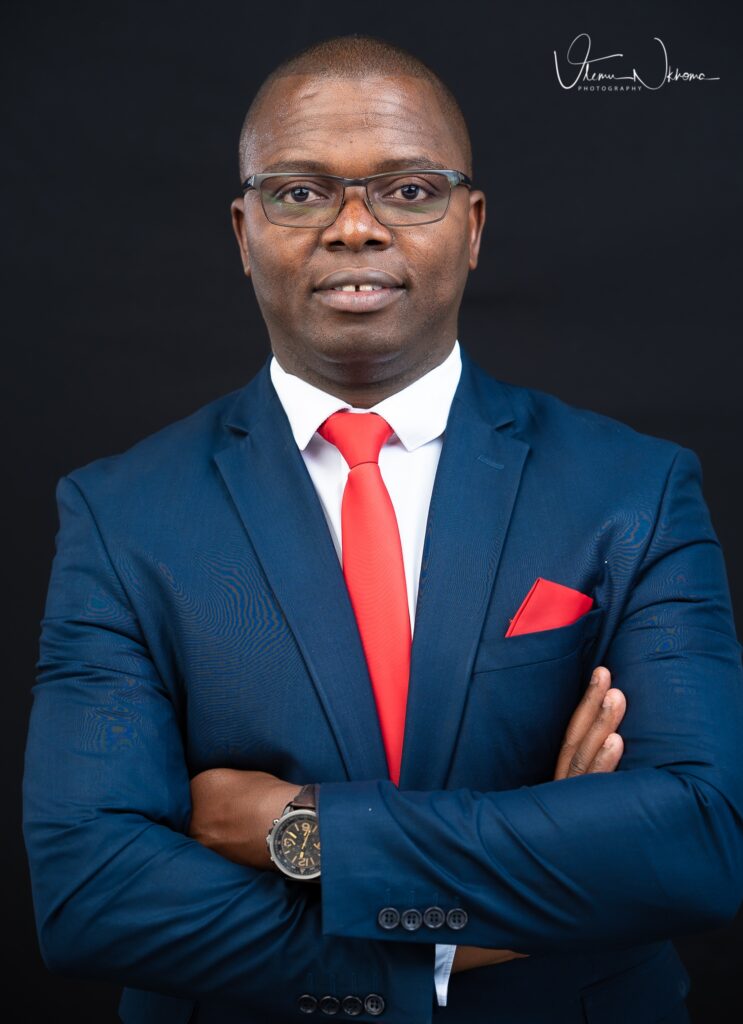
MentalCare advocates for strategic policies to integrate mental health care into primary health services — essential for a healthier electorate.
“Ensuring that every individual has the opportunity to participate in the electoral process starts with addressing their mental well-being,” Namwaza says.
He adds: “If individuals, in this case, political participants, feel supported and healthy, they are more likely to engage in civic duties like voting.”
Malawi’s prevalence of mental disorders is high, and it is estimated that 20 percent of Malawians experience mental health issues, yet only 16 percent receive any form of treatment.
Voting Participation
In the 2019 elections, Malawi saw a voter turnout of approximately 76 percent However, among those with reported mental health issues, turnout was as low as 50 percent.
Malawi’s mental health funding allocation is only 0.1 percent of the country’s national health budget allocated to mental health services, compared to the WHO’s recommendation of 5 percent.
Namwaza, who is currently studying for a PhD in mental health at Lancaster University in the UK urges that as Malawi prepares for the 2024 general elections, addressing mental health must be at the forefront of electoral discourse.
“While the impact of mental health on voter engagement is gaining recognition, more action is needed to destigmatize mental health issues and improve access to care and ensure that people are mentally prepared that in an election there are two results – a win and a loss – and to be ready to accept defeat with humility.
For democracy to thrive in Malawi, every citizen must feel empowered to participate fully in their governance—starting with their mental health.
As the elections approach, collaboration between the government, NGOs, and mental health advocates will be crucial in fostering a supportive environment that prioritizes both mental well-being and civic engagement.
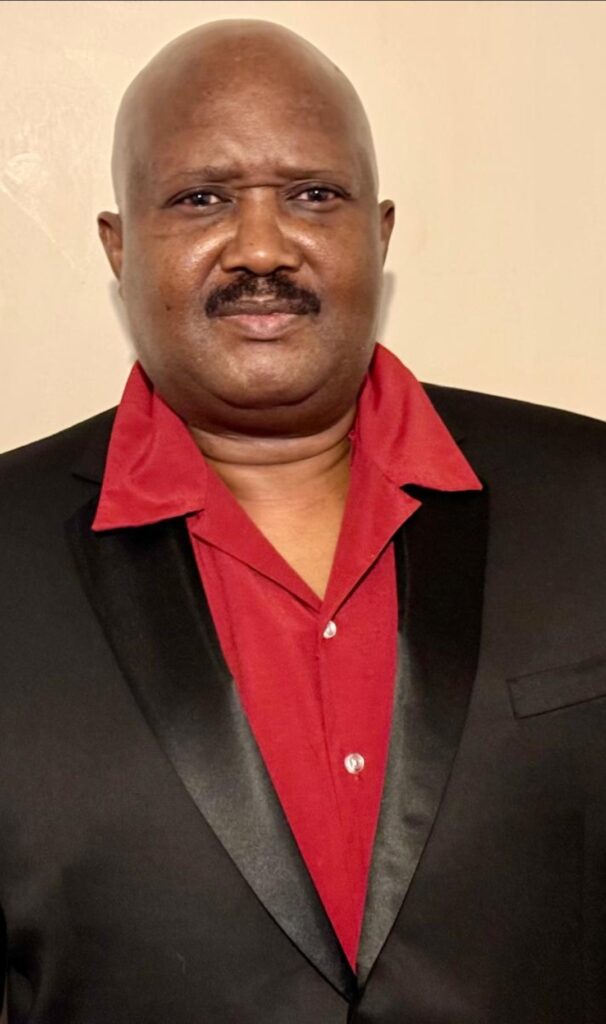
Mental health is a significant political issue in Africa, with many challenges to address, including underinvestment, lack of policy, inadequate resources, and socialcultural stigma and cyberbullying.
African governments often do not invest enough in mental health, and many countries spend less than five percent of their health budget on mental health.
Many African countries lack a mental health policy or have policies that are outdated or weak and have fewer mental health workers than the global average, and fewer hospital beds and outpatient facilities.
In most African countries, mental health conditions are sometimes linked to witchcraft or other superstitious practices, and people with mental health conditions are often discriminated against.
The emergence of social media platforms is a growing source of cyberbullying in Africa, which can lead to emotional distress, anxiety, and depression and therefore increasing mental health problems among the political participants.
Many traditional belief systems in Africa attribute mental health problems to ancestors or bewitchment.
Cost of elections
According to a 2019 study conducted by Dr. Michael Wahman titled the Cost of Politics, Malawi Candidate Survey, under the Westminster Foundation (WFD) and published by Michigan State University indicates that an average parliamentary candidate in the 2019 election spent a total of K15 million about $7.575, seeking election (in primaries and general elections combined).
This number include all candidates, even those with little or no chance of being elected and looking only at candidates that won more than 20 percent of the vote, the average is K27 million approximately($13.636 and this amount equals 140 percent of an MPs annual salary.
The Wahman report says 62 percent of candidates in Malawi during an election campaign spent more than they had expected in the campaign with male candidates spending at least14 percent more than female candidates.
“Candidates running for DPP spent 48 percent more than candidates running for UTM and 61percent more than candidates running for MCP,” reads the report, adding:
“Southern region candidates spent 46 percent more than in Central region and 53 percent more than in Northern region.”
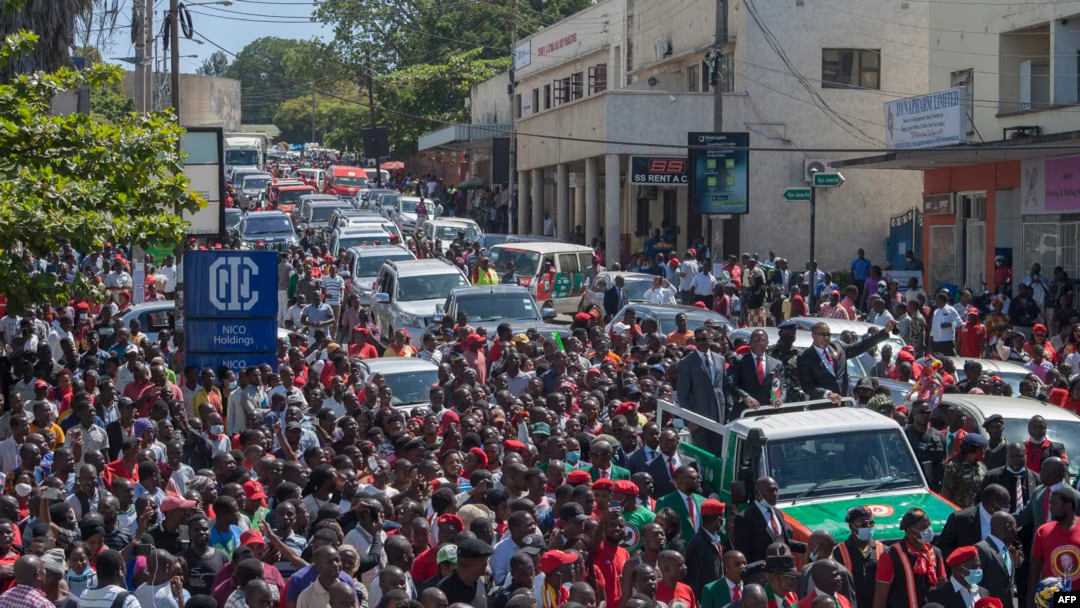
In Malawi, like many African countries, elections candidate are forced to give voters handouts in order to get votes and this has been the tradition since the dawn of multiparty democracy in 1993.
Despite the enactment of the 2018 Political Parties’ Act and the Prohibition of handouts, more than 96 percent of candidates state that at least one candidate in their constituency used handouts to voters and chiefs in their campaigns.
Malawi’s new political entrant Dr. Matthews Mtumbuka, an Oxford Universty trained engineer who is competing for UTM’s presidential candidacy after the demise of UTM president and vice president, Dr. Sales Chilima, who died in a plane crash on June 10, 2024 in Chikangawa forest said he is aware of the cost of elections and the mental problems it can bring on a person.
“The problem is that most people just join politics without preparing themselves mentally but only concentrating on reaping rewards from it and not necessarily to serve the people,” he says.
Mtumbuka says election participation is a process which needs mental agility and needs people taking part in elections to be mentally stable, health and strong.
He adds: “Politics brings financial difficulties as it requires significant financial resources and the stress of securing funding and managing campaign expenses can add to the mental load with the African unpredictable nature of elections.”
“The problem is that most people just join politics without preparing themselves.”
Dr. Matthews Mtumbuka
First time Presidential aspirant



